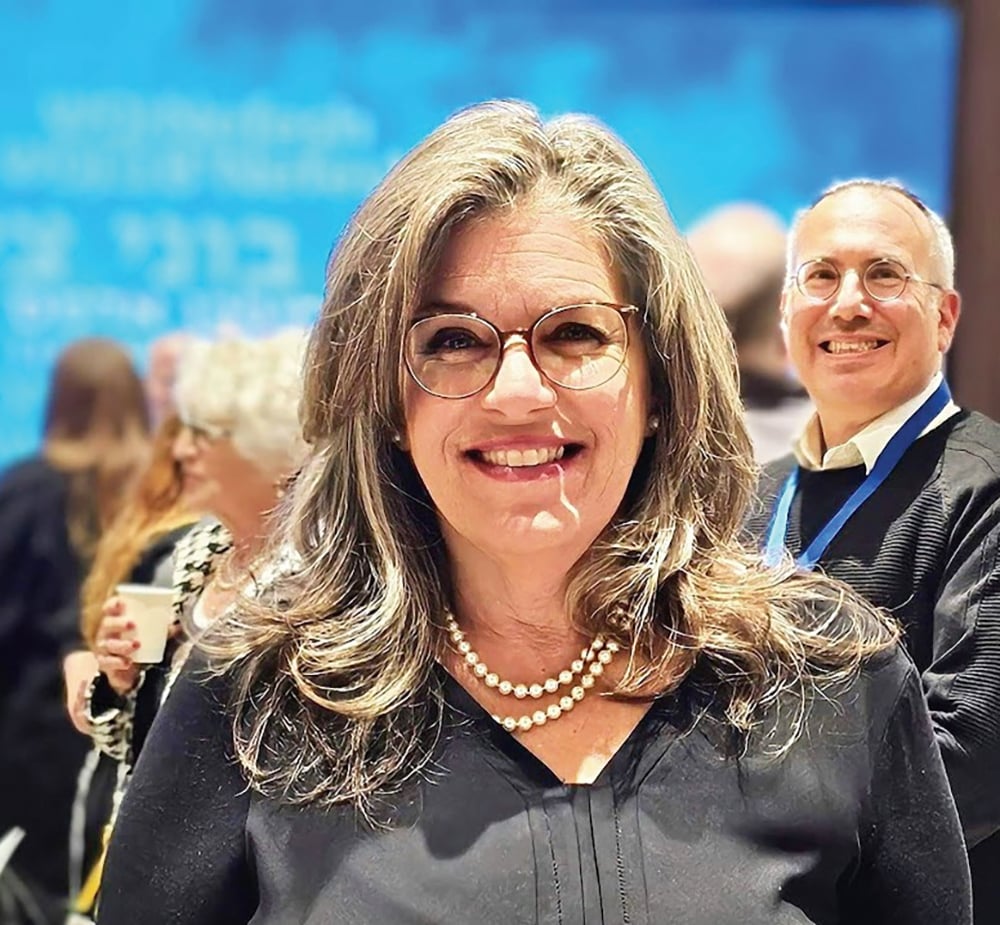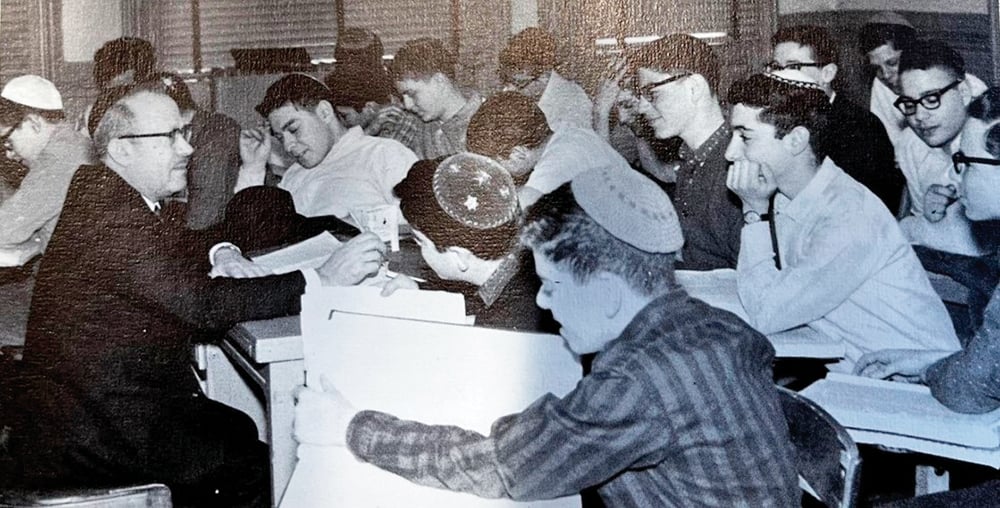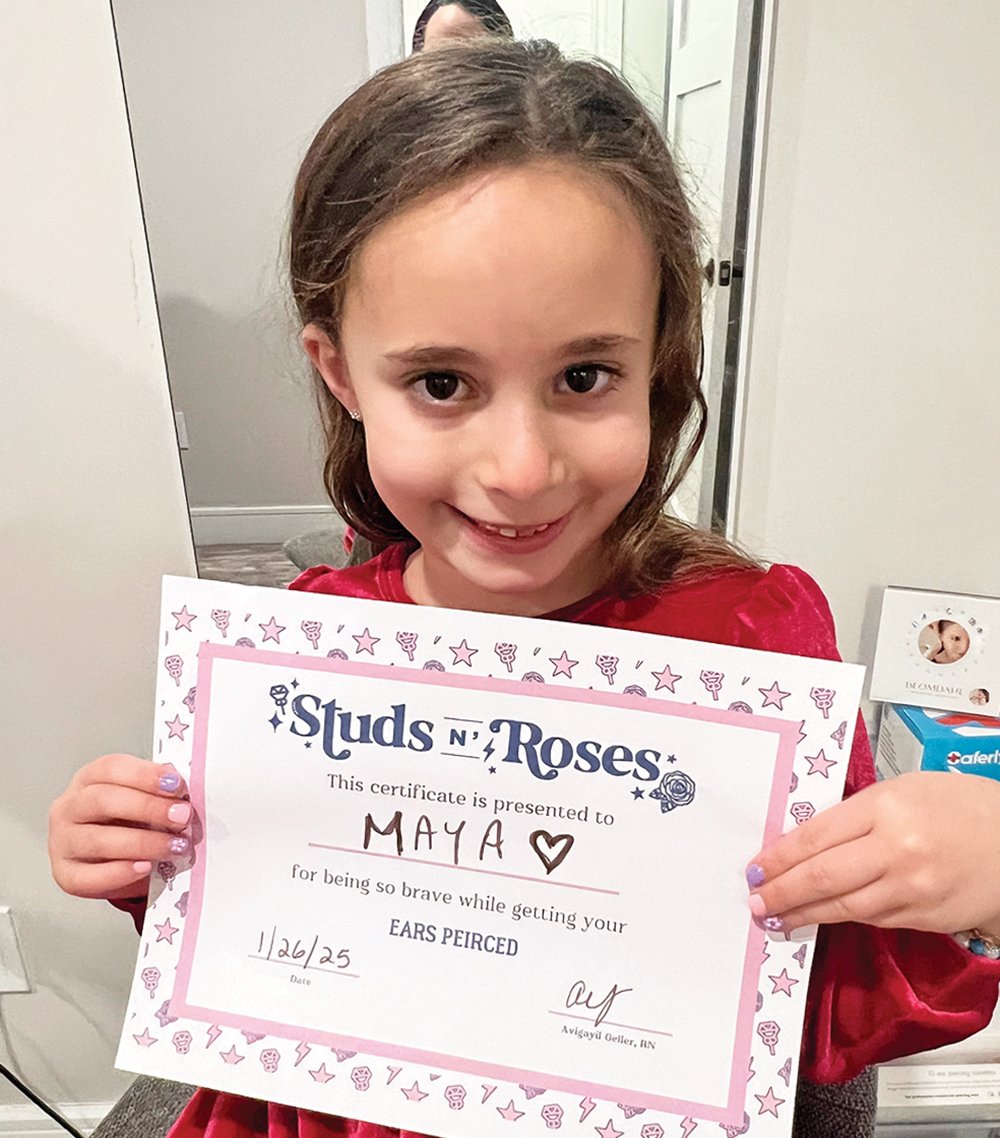
(Courtesy of SMGH) On Tuesday, December 15, the first dose of the COVID-19 vaccine was dispensed in New Jersey at University Hospital in Newark, with Gov. Phil Murphy and DOH Commissioner Judith M. Persichilli in attendance. Gov. Murphy said the majority of the state’s first batch of COVID-19 vaccines “will be administered to health care workers and the rest will be available to long-term care residents and staff.” The governor said he believes that by April or May, everyone in the state will have access to one of the vaccines. He’s urging people not to relax efforts to stem the spread of the virus, especially limiting holiday celebrations to immediate family.
The first doses of Pfizer’s COVID-19 vaccine were given to Americans Monday as a massive distribution effort is underway to get the vaccine to all 50 states. Healthcare workers, seniors and first responders are slated to get the first shots. Operation Warp Speed1 (OWS) expects that 100 million Americans will be vaccinated by the end of March. They expect to reach “herd mentality” where 75-80% of the population is vaccinated by May or June2.
“As Gov. Murphy stated in a news conference this week, despite good news on a COVID-19 vaccine, the upcoming weeks are going to be tough,” said Ed Condit, CEO of St. Mary’s General Hospital. “Starting Dec 22 we will begin vaccinating our frontline staff with the Moderna vaccine, which was co-developed with the National Institutes of Health. Staff who are exposed to patients daily will be first, in compliance with the guidelines established by OWS. It will be the spring at the earliest before the general public will be vaccinated. As the governor stated, please don’t let your guard down even when you’re in private settings, especially limiting holiday celebrations to immediate family.”
There are currently more than 50 COVID-19 vaccine candidates in trials. The goal has been to have a vaccine ready for use in some fashion by the end of 2020, which would be a scientific feat with few parallels. No vaccine has ever been developed so quickly, never mind manufactured for the world. It can typically take 10 to 15 years to bring a vaccine to market; the fastest ever—the vaccine for mumps—required four years in the 1960s. Vaccines go through a three-stage clinical trial process before they are sent to regulatory agencies for approval—which can be a lengthy process itself.3
On Nov. 21, the U.S. Food and Drug Administration issued an emergency use authorization for monoclonal antibodies with the treatment of mild to moderate COVID-19 in adults and pediatric patients (12+ years of age weighing at least 40 kilograms [about 88 pounds]). Monoclonal antibodies are not chemical compounds, as most drugs are. They are based on natural antibodies—which are proteins that the body produces to defend itself against disease—but are created in the lab and mass-produced in factories. Last year, seven of the top 10 best-selling drugs were monoclonal antibodies.4
The development of monoclonal antibodies for prevention of COVID-19 is important for a number of reasons, including5 that it may be able to serve as another prevention option until a vaccine is available, able to provide immediate protection or treatment for those who are exposed and not yet vaccinated and may be required for people who cannot develop or maintain an adequate immune response after vaccination, such as older adults.
On December 11, the FDA granted its first emergency use authorization for a COVID-19 vaccine—which allows the use of an unapproved medical product in a life-threatening situation—to the Pfizer-BioNTech candidate. Pfizer has a deal with the U.S. government to supply 100 million doses of the vaccine by next March. Under that agreement, the shots will be free to the public.6 Yet CDC director Robert Redfield, vaccine developers and the FDA have said it’s unlikely a vaccine will be widely available until the middle of 2021.7
Dr. Anthony S. Fauci, the nation’s top infectious disease expert, laid out a timeline for a return to normalcy that stretched well into 2021. He stressed that until then, social distancing and masks will remain crucial in the fight to stop the spread of the virus. He predicted that the average person with no underlying conditions would get the vaccine by the end of March or beginning of April. If the campaign is efficient and effective in convincing people to get the vaccine, most people could be vaccinated by late spring or early summer, he said.8
“A vaccine right now is not a substitute for the normal standard public health measures,” he said, adding, “It’s not a substitute. It complements it. Only when you get the level of infection in society so low that it’s no longer a public health threat can you then think about the possibility of pulling back on public health measures.”
“So, has the miracle arrived?” asked George Matyjewicz, PhD, community liaison at St. Mary’s General Hospital. “While this is great news, let us not let our guard down too quickly. It has been 41 weeks since the quarantine began. In another two weeks, the new year will be upon us. So why take a chance by neglecting the safety precautions that have controlled our lives this year? Stay home and forget the year-end events that we celebrated in the past. As I stated in another article9 Americans went through a similar situation in 1918 with the Spanish Flu, which resulted in a third stronger wave and more deaths, even though a vaccine was available! Maybe this year, instead of an apple falling in Times Square for the New Year, a COVID-19 vaccination needle can fall!”
St. Mary’s General Hospital—nationally recognized, locally preferred among the top hospitals in America for health, quality and patient safety! The hospital has over 550 physicians and 1,200 employees, with every staff member committed to providing respectful, personalized, high-quality care—to satisfy patients’ needs and exceed their expectations. St. Mary’s General is a proud member of Prime Healthcare, which has more Patient Safety Excellence Awards for five consecutive years (2016-2020) than any other health system in the country including a “Top 15 Healthcare System” by Truven Health Analytics. To learn more about St. Mary’s General Hospital visit https://www.smh-nj.com/ or Facebook at https://www.facebook.com/StMarysGeneral.
For more information, please contact George Matyjewicz, PhD, community liaison at [email protected].
1 https://en.wikipedia.org/wiki/Operation_Warp_Speed A public–private partnership initiated by the U.S. government to facilitate and accelerate the development, manufacturing, and distribution of COVID-19 vaccines, therapeutics, and diagnostics.
2 Dr. Moncef Slaoui, Operation Warp Speed Chief Advisor https://abc7ny.com/health/covid-live-updates-vaccine-shipments-head-to-all-50-states/8765022/
3 https://www.historyofvaccines.org/content/articles/vaccine-development-testing-and-regulation
4 https://www.gavi.org/vaccineswork/what-are-monoclonal-antibodies-and-can-they-treat-covid-19 Gavi, the Vaccine Alliance, helps vaccinate almost half the world’s children against deadly and debilitating infectious diseases.
5 https://www.coronaviruspreventionnetwork.org/coronavirus-vaccine-and-antibody-science/
8 https://www.nytimes.com/live/2020/12/14/world/covid-19-coronavirus













